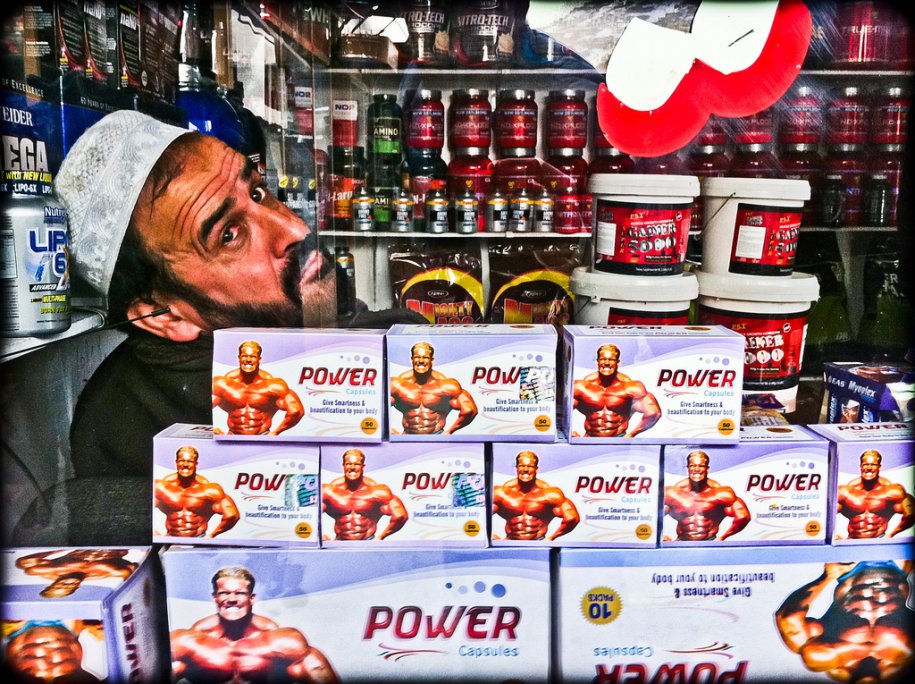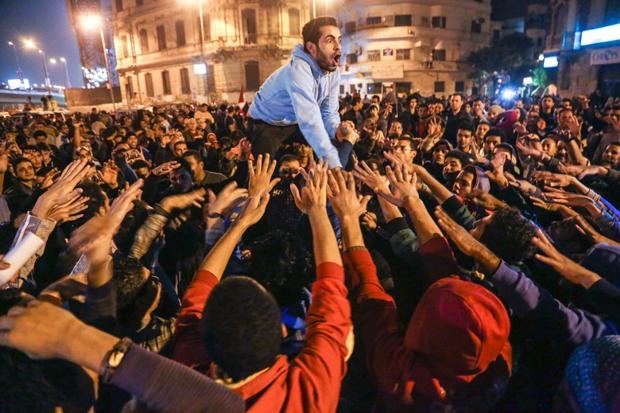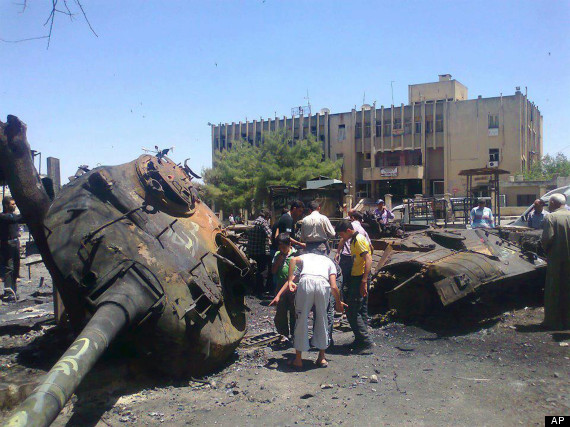An unintended consequence of the War on Terror was the establishment of one of the largest black markets in Afghanistan called the ‘Bush Market’ – named after America’s 43rd President, George W. Bush. This shopping bazaar has traditional market goods ranging from food stalls to Afghan clothing, but it also has something more interesting: American goods, and lots of them. These items come from multiple venues such as American food drops and coalition bases.
This is the kind of place where one can find Red Bull, Oakley sunglasses, Pop Tarts, and other American goods. Some of the products on offer in the Bush Market are not even publicly available on the domestic American market, only through the military. Products that are far more disconcerting is Afghan military garb and hardware such as artillery and body armor that are on sale. While shopkeepers claim they will only sell it to somebody who possesses military credentials, the chances of insurgents buying those materials on the black market is a security risk. There are also instances of military hard drives and flash storage devices that are for sale. Soldiers typically buy them back when they see them in the market fearing military secrets might be stored in them.
[captionpix align=”right” theme=”elegant” width=”310″ imgsrc=”http://natoassociation.ca/wp-content/uploads/2013/12/13491873-morocco-village-marketplace.jpg” captiontext=””]
There are several cases of infiltration on NATO Afghanistan bases that have resulted in the deaths of coalition soldiers. In 2011 alone, there were over four attacks on NATO bases from insurgents dressed as Afghan military officials. The diversion of aid items by regional warlords into the black-market has become a major problem for aid organizations. The World Food Program, which shipped enormous amounts of wheat in order to stave off major famines has not been reaching its direct target – the people who need it. This has caused many organizations to stop and start aid programs over the past eleven years.
The Bush Market is one of many black markets that have opened since the coalition forces entered Afghanistan in 2001. A black market is typical in long-term military operations as goods become more diffuse. When the Soviet Union occupied Afghanistan in the 1980’s, there was also a robust black market that developed. Soviet soldiers participated in trading in order to obtain American and Japanese goods or drugs such as hashish.
In terms of enforcement, coalition forces have no jurisdiction to raid bazaars and seize goods. They depended heavily depend on Afghan authorities to investigate, raid, and seize material. Millham in Stars and Stripes describes what has been found during some interventions:
In February, acting on tips, intelligence and the urging of U.S. forces, Afghan authorities raided one shop, then obtained a warrant to search the owner’s home. The raid recovered $400,000 worth of stolen U.S. military goods, including replacement parts for military equipment and one “controlled item” costing in the range of $5,000 to $10,000, according to Col. Terry Ivester, Longo’s deputy in Task Force 2010
It appears that President Bush has an entirely different group of fans in Afghanistan, the merchant class. In the event of the coalition’s eventual withdrawal, this will lead to a sharp decline in product selection in places like the Bush Market. It is in the best interest of these entrepreneurs for the coalition, especially the Americans, to stay as long as possible. The longevity of U.S and NATO presence in the region remains contentious due to the lack of a future security agreement between Afghan President Kharzai and the US and NATO. Coalition forces have threatened to fully withdraw if a deal is not reached soon, which would leave aid dollars completely unmonitored.




